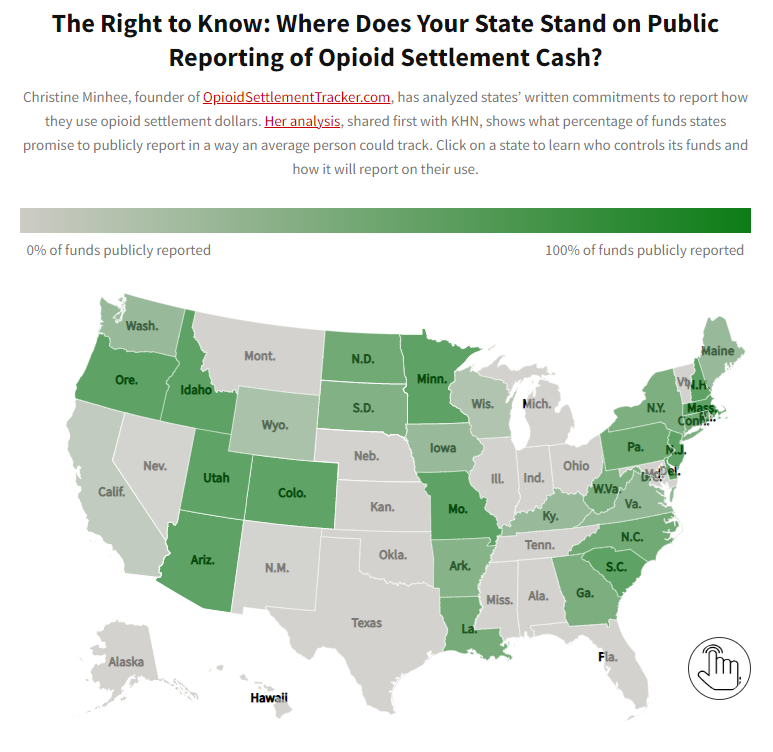As promised, here’s a dive into one state which has few requirements to publicly report how #opioid settlement funds are spent—and issues are already arising: Michigan. #THREAD
https://twitter.com/aneripattani/status/1641419520324562946
2/ Last summer, the Michigan legislature allotted $39M of settlement cash to the state health dept. For the next six months, there was almost no public info on how it would be used. No news releases. No invitation to apply for grants. "It was a black hole," said @opioidpolicy.
3/ Even the state’s Opioid Advisory Commission—created to evaluate the use of settlement💵—couldn’t get details. “It makes it difficult for us to do our job,” said chair @cara_poland. “We can’t really identify the impact of those dollars if we don’t know how they’re being used.”
4/ It took me 10+ interviews & a public records request to track the💰. Here’s a document we obtained that shows $3.9M has been contracted to mostly #harmreduction orgs & local health depts. Another $27M is earmarked for naloxone, recovery housing, etc. documentcloud.org/documents/2372…
5/ After KHN’s inquiries, the health dept released a general spending plan in Feb. Jared Welehodsky, of the dept, said it didn't publish sooner because payments didn’t arrive till Dec. "We didn’t want to comment on how the money was going out when we didn’t have money to go out.”
6/ But Michigan residents involved in the addiction space say the dept knew this money was coming for a long time. (The biggest settlement deal was signed in early 2022.) So a plan should have been in place and shared with the public long ago, they say.
7/ “The money is here now and the need is here now,” said Jonathan Stoltman @opioidpolicy. “Not having a plan in the preceding months when we knew the money was coming means it can’t be put to effective use now. 

8/ The state’s Opioid Advisory Commission is demanding more transparency in the future. Its first report, published last week, calls on #mileg to enact more oversight for agencies that receive settlement💲 and create a public dashboard to track spending. council.legislature.mi.gov/Content/Files/…
9/ If lawmakers act on those recommendations, Michigan could go from gray on our map (publicly reporting 0% of its settlement funds) to much greener. We’ll have to wait and see. #mileg (Static image; click link for live map) khn.org/news/article/o… 

10/ For the full story on Michigan and other states grappling with issues of transparency—and to see how your state compares—read the full article & check out our interactive, data-filled map via @khnews khn.org/news/article/o…
11/ And send us tips about where we should look next for concerns or successes with the opioid settlement funds. I’ll be covering this topic all year for @khnews khn.org/tell-us-your-s…
• • •
Missing some Tweet in this thread? You can try to
force a refresh

 Read on Twitter
Read on Twitter







